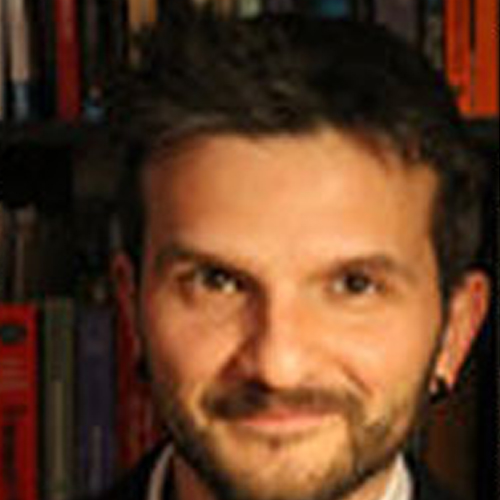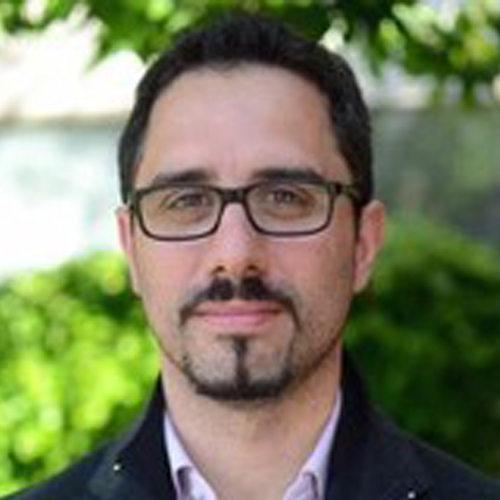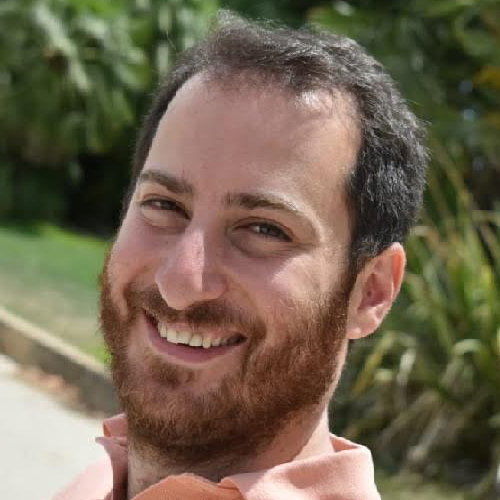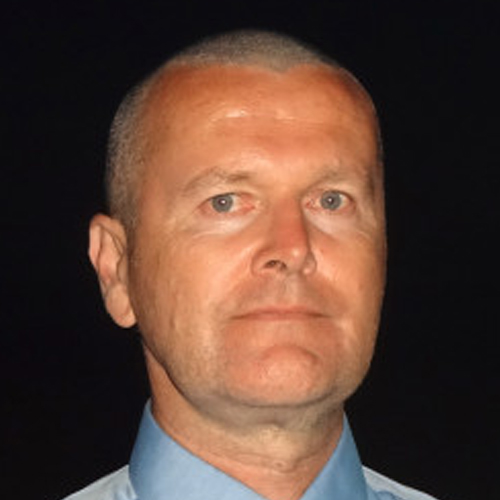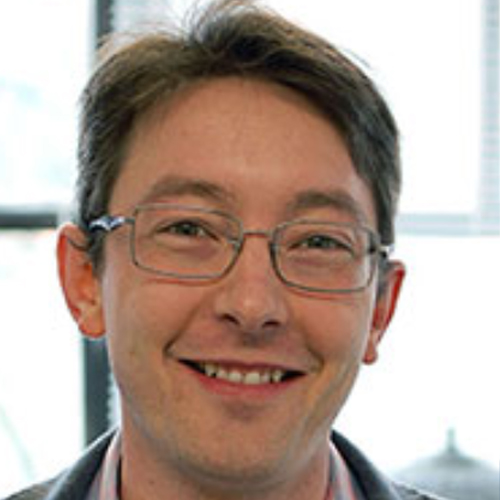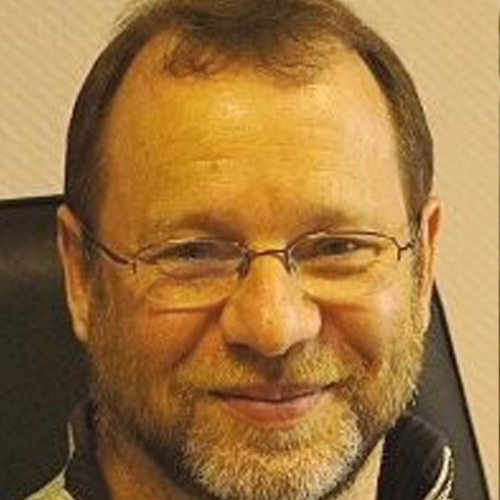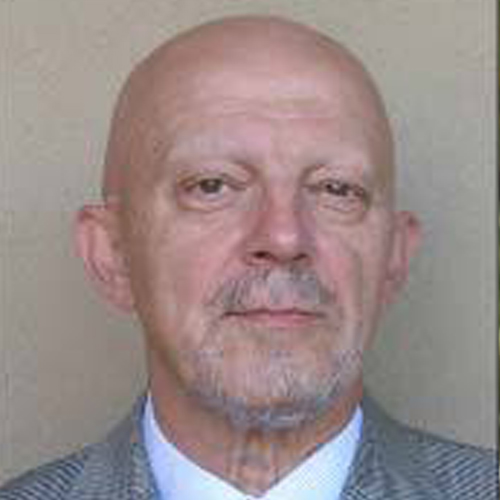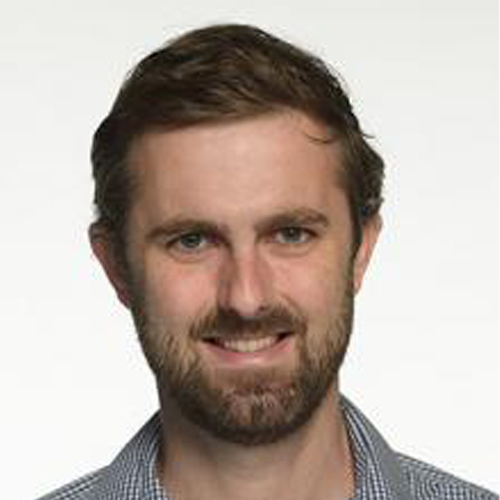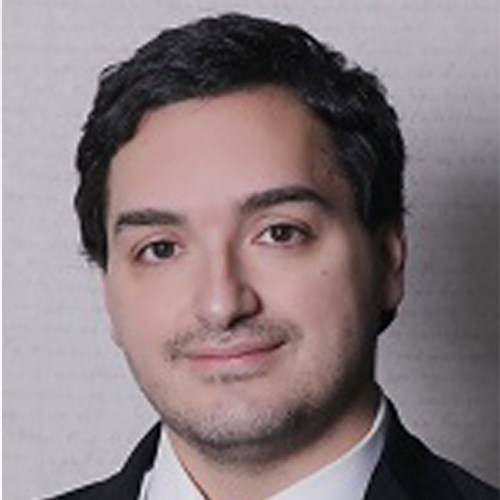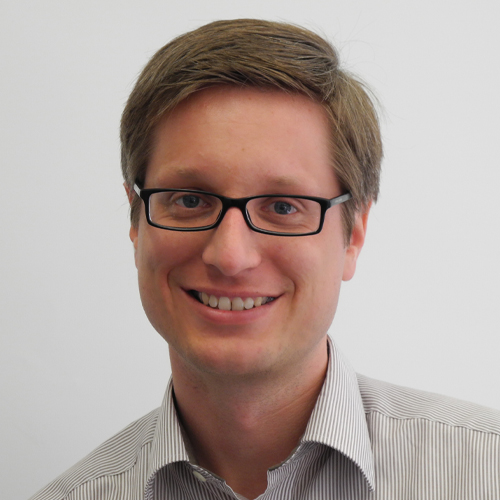Data-Driven Fluid Mechanics: Combining First Principles and Machine Learning
A book based on the von Karman Institute Lecture Series
Machine Learning for Fluid Mechanics: Analysis, Modeling, Control and Closures
Machine Learning for Fluid Mechanics: Analysis, Modeling, Control and Closures
About the authors
Prof. Miguel A. Mendez, von Karman Institute for Fluid Dynamics, Belgium
Prof. Mendez has extensively used data-driven methods for post-processing numerical and experimental data in fluid dynamics. He is the author of novel multi-resolution extension of classical POD which he has extensively used in various experimental studies on flow configurations of industrial interest.
Prof. Alessandro Parente, Université Libre de Bruxelles, Belgium
Prof. Parente is a well-known expert in the fields of turbulent/chemistry interaction in turbulent combustion and reduced-order combustion models. He is leading the use of machine learning methods to feature extraction in turbulent combustion data and for reducedorder modeling of novel combustion technologies.
Prof. Andrea Ianiro, Universidad Carlos III de Madrid, Spain
Prof. Ianiro is a well-known expert in the field of experimental thermo fluids. He has pioneered the use of data driven modal analysis in heat transfer studies for impinging jets and wall bounded flows with heat transfer. He extensively applies these techniques in combination with advanced measurement techniques such as 3D PIV and IR thermography.
Prof. Bernd R. Noack, Harbin Institute of Technology, China
Prof. Noack has pioneered the use of machine learning tools in fluid mechanics and has been pushing the frontiers of low-dimensional modeling and flow control in the last three decades. Among his recent breakthroughs are the learning of control laws in real-world experiments with machine learning and the automated learning of control-oriented dynamical gray-box models from experimental data.
Prof. Steven L. Brunton, the University ofWashington, USA
Prof. Brunton has pioneered the use of machine learning to fluid mechanics in areas ranging from system identification to flow control. He has an international reputation for his excellent teaching and communication skills, which have contributed to the dissemination of his research through textbooks and online lectures.
Prof. Peter J. Schmid, Imperial College London, UK
Prof. Schmid has been among the first developers of the Dynamic Mode Decomposition, which has revolutionized modal analysis. His seminal contributions span a wide spectrum of topics including stability analysis, dynamical system identification and data assimilation.
Prof. Javier Jiménez, Universidad Politécnica de Madrid, Spain
Prof. Jiménez has pioneered the use of direct numerical simulations in turbulent wall bounded flows, opening new research paths in the field and unveiling the structure of boundary layers. He is a leading expert in the use of Big Data methods for computational fluid mechanics and analysis of coherent structures in turbulent flows.
Prof. Scott T. M. Dawson, Illinois Institute of Technology, USA
Prof. Dawson is a recognized expert in the field of reduced-order modeling for flow control, dynamical systems and data science. He has made substantial contributions in the development of methods for data-driven system identification for flow control and stability analysis and has recently co-authored one of the most important reviews on the topic.
Prof. Stefano Discetti, Universidad Carlos III de Madrid, Spain
Prof. Discetti is a widely recognized expert in experimental aerodynamics, particularly in PIV. His applications of modal analysis to experimental data have gained significant attention in the last years, as they have proven capable of significantly extending the experimental limitations in terms of spatio-temporal resolution.
Prof. Stephan Görtz, Institute of Aerodynamics and Flow Technology at the German Aerospace Center (DLR) and Technical University of Braunschweig, Germany
Prof Görtz is a leader in the application of reduced-order modeling and predictive/big data analytics to aviation and large-scale industrial problems. He has pioneered the use of machine learning tools for reduced-order modeling and the multidisciplinary optimization in the design of transport aircrafts.

